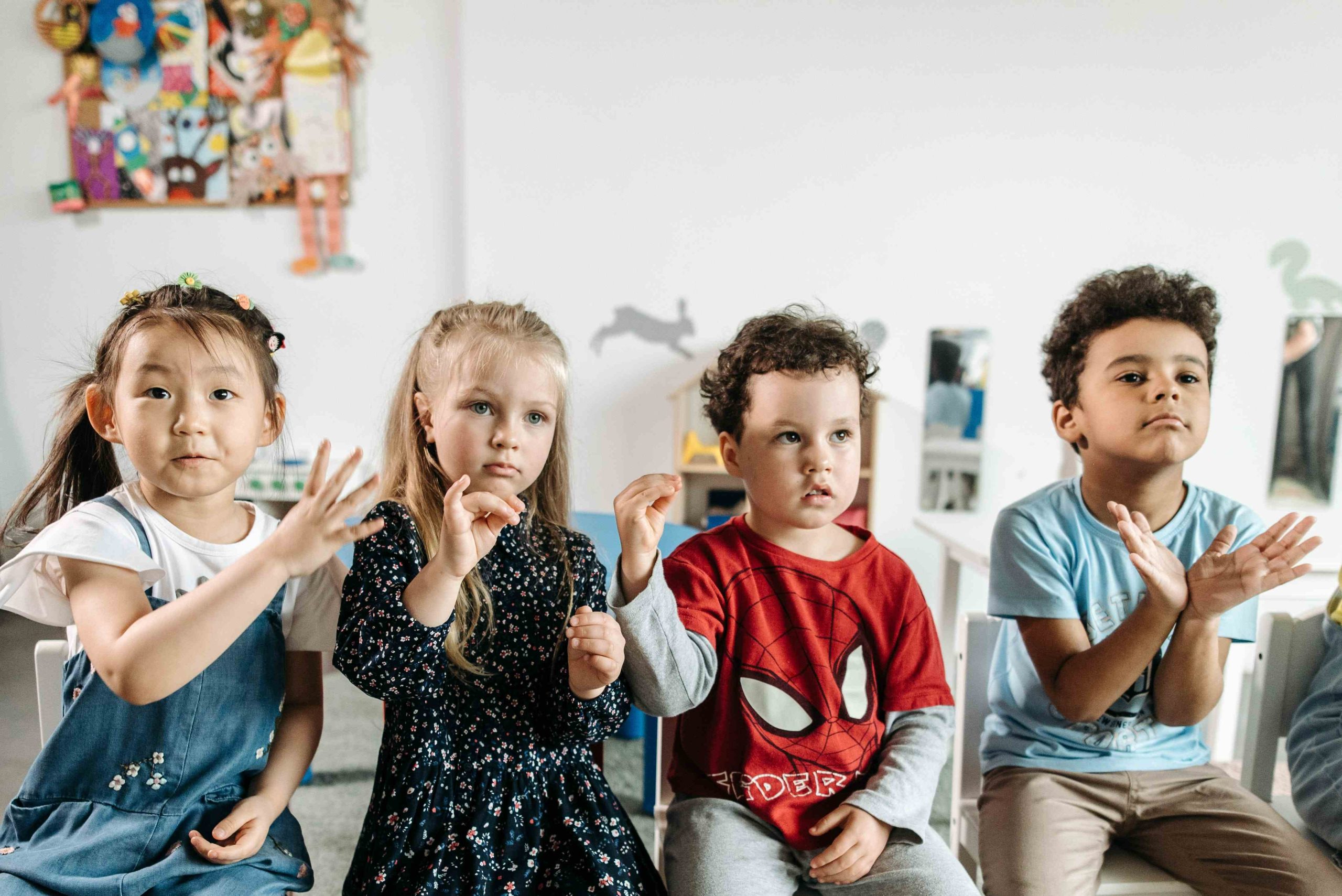
Developing Dexterity through Creative Play: Key Skills Preschoolers Need for Preschool Learning
As a parent or caregiver, you want to give preschoolers the best start possible as they begin their journey of learning. Preschool is a crucial time for children as they start developing fundamental skills that will help them navigate the world around them. One of the most critical areas of development for preschoolers is dexterity. In this article, we will explore the skills preschoolers need to develop dexterity through creative play.
Why is dexterity important for preschoolers?
Dexterity refers to the ability to use one’s hands and fingers with precision and control. For preschoolers, dexterity is critical for a variety of reasons. It is essential for their daily activities, such as eating, dressing, and playing. Moreover, dexterity is necessary for developing other skills, such as writing, drawing, and using scissors. Fine motor skills, a key component of dexterity, are also vital for cognitive development. Research shows that children who have better fine motor skills tend to have stronger cognitive skills and better academic outcomes.
What is creative play?
Creative play refers to activities that allow preschoolers to use their imagination and creativity to explore and experiment with different materials and objects. It can take many forms, such as painting, drawing, building with blocks, and playing with dough. Through creative play, preschoolers can develop their dexterity while also improving their problem-solving skills, concentration, and communication skills.
Key skills preschoolers need for dexterity-focused creative play
1. Hand-eye coordination: This refers to the ability to use one’s eyes to guide the movement of the hands. It is critical for activities that require precision, such as drawing and cutting with scissors. Preschoolers can develop hand-eye coordination through activities such as throwing and catching a ball, threading beads, and building with blocks.
2. Finger dexterity: This refers to the ability to move one’s fingers independently and with control. It is important for activities that require fine motor skills, such as buttoning clothes and tying shoelaces. Preschoolers can develop finger dexterity through activities such as playing with playdough, manipulating small objects such as beads, and picking up small items with tweezers.
3. Grip strength: This refers to the ability to grasp objects firmly. It is important for activities that require strength, such as holding a pencil or crayon. Preschoolers can develop grip strength through activities such as squeezing playdough, playing with a stress ball, and carrying heavy objects such as books or blocks.
4. Spatial awareness: This refers to the ability to understand and visualize spatial relationships between objects. It is important for activities that involve construction, such as building with blocks or creating a tower. Preschoolers can develop spatial awareness through activities such as playing with building blocks, doing puzzles, and drawing or painting.
Benefits of dexterity-focused creative play for preschoolers
Developing dexterity through creative play has numerous benefits for preschoolers, including:
- Improved cognitive skills: Developing fine motor skills is critical for cognitive development, leading to better memory and problem-solving skills.
- Increased creativity: Creative play encourages imagination and innovative thinking.
- Improved communication skills: Many creative play activities involve working with others, enhancing communication abilities.
- Enhanced self-esteem: Developing dexterity boosts confidence and a sense of accomplishment.
Examples of dexterity-focused creative play activities for preschoolers
Here are some examples of activities that promote dexterity in preschoolers:
- Playdough: Rolling, shaping, and molding playdough.
- Cutting and pasting: Creating collages and practicing cutting skills.
- Building with blocks: Constructing towers and structures.
- Painting and drawing: Using different art materials to express creativity.
Encouraging dexterity-focused creative play is crucial for preschoolers’ overall development. By engaging in these activities, children can enhance their fine motor skills, cognitive abilities, social skills, and emotional well-being, setting them up for success in school and beyond.


